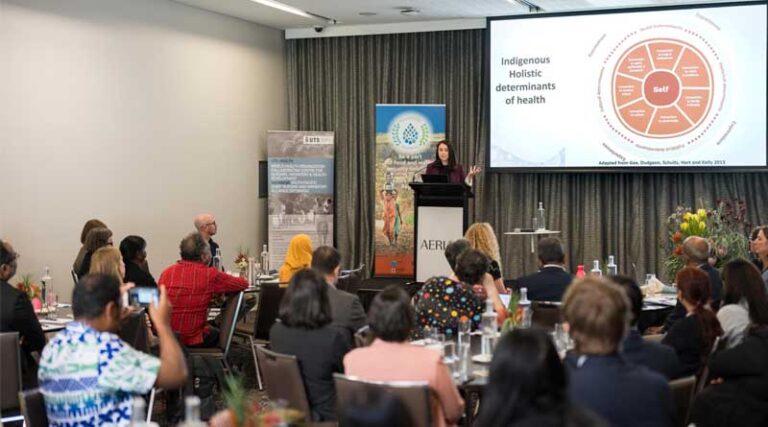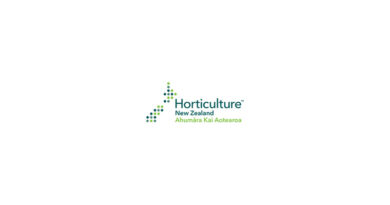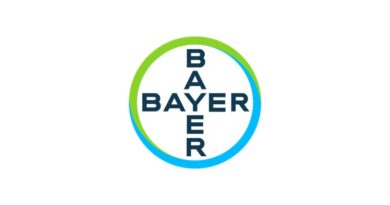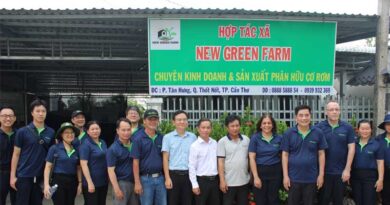
IRRI showcases Agricultural Water InSecurity Experiences (AgWISE) module at FoodWISE Asia-Pacific Regional Meeting 2025
23 October 2025, Australia: At the FoodWISE Asia-Pacific Regional Meeting 2025 hosted by the UNSW Global Water Institute, University of Technology Sydney and Northwestern University, the International Rice Research Institute (IRRI) presented the Agricultural Water Insecurity Experience (AgWISE) module- a set of simple, context-specific questions that helps translate women’s everyday agricultural water insecurity experiences into actionable evidence and insight for water policy and governance interventions.
The event brought together experts from 15 countries across the Asia-Pacific region to explore the intersection of food and water insecurity. It also marked the launch of the FoodWISE Asia-Pacific Network, a collaborative platform promoting experiential tools like the Water InSecurity Experiences (WISE) scales to inform policies and strengthen community resilience for household water use.
Representing IRRI, Dr. Mou Rani Sarker showcased how the AgWISE module builds upon the globally recognized Water Insecurity Experiences (WISE) scales. “There is a persistent assumption that women’s water burdens relate only to domestic responsibilities. Yet, in developing countries where women comprise over half of the agricultural labor force, they also access, use, and manage water for productive purposes such as crops, livestock, and other agrifood livelihoods traditionally seen as men’s domain. Because water infrastructure is often designed and governed without gender considerations, these realities remain invisible.”
The AgWISE module addresses these blind spots by assessing the lived experiences of farmers, especially women, in managing water for productive use. Beyond gender, AgWISE captures intersectional experiences and highlights the psychosocial impacts of water stress, often overlooked in policy narratives. This experiential approach aligns with IRRI’s broader efforts to promote climate-resilient agriculture, gender equity, and evidence-based policymaking. The AgWISE module offers policymakers and researchers a practical and scalable way to evaluate the impacts of water insecurity and guide effective interventions at both local and national levels. This can also be used to assess food and nutrition insecurity.
The event featured global and regional experts from institutions such as the World Bank, Asian Development Bank, UNICEF, Australian Centre for International Agricultural Research (ACIAR), the World Food Programme, researchers and academia. Through a series of sessions, participants shared case studies, tested experiential tools like WISE, and discussed integrating them into national monitoring systems. The meeting concluded with the formation of the FoodWISE Asia-Pacific Network, a new regional platform for collaboration, advocacy, and scaling the adoption of experiential measures like AgWISE to drive evidence-based policymaking and build more resilient food and water systems across the region.
The introduction of AgWISE at FoodWISE Asia-Pacific marks an important step toward integrating experiential data into agricultural policy and planning, ensuring that farmers ‘especially women’s voices are central to building a more water-secure and food-secure future.
Also Read: The Quiet Power of Biostimulants: Missing Link in Regenerative Agriculture
📢 If You’re in Agriculture, Make Sure the Right People Hear Your Story.
From product launches to strategic announcements, Global Agriculture offers unmatched visibility across international agri-business markets. Connect with us at pr@global-agriculture.com to explore editorial and advertising opportunities that reach the right audience, worldwide.






